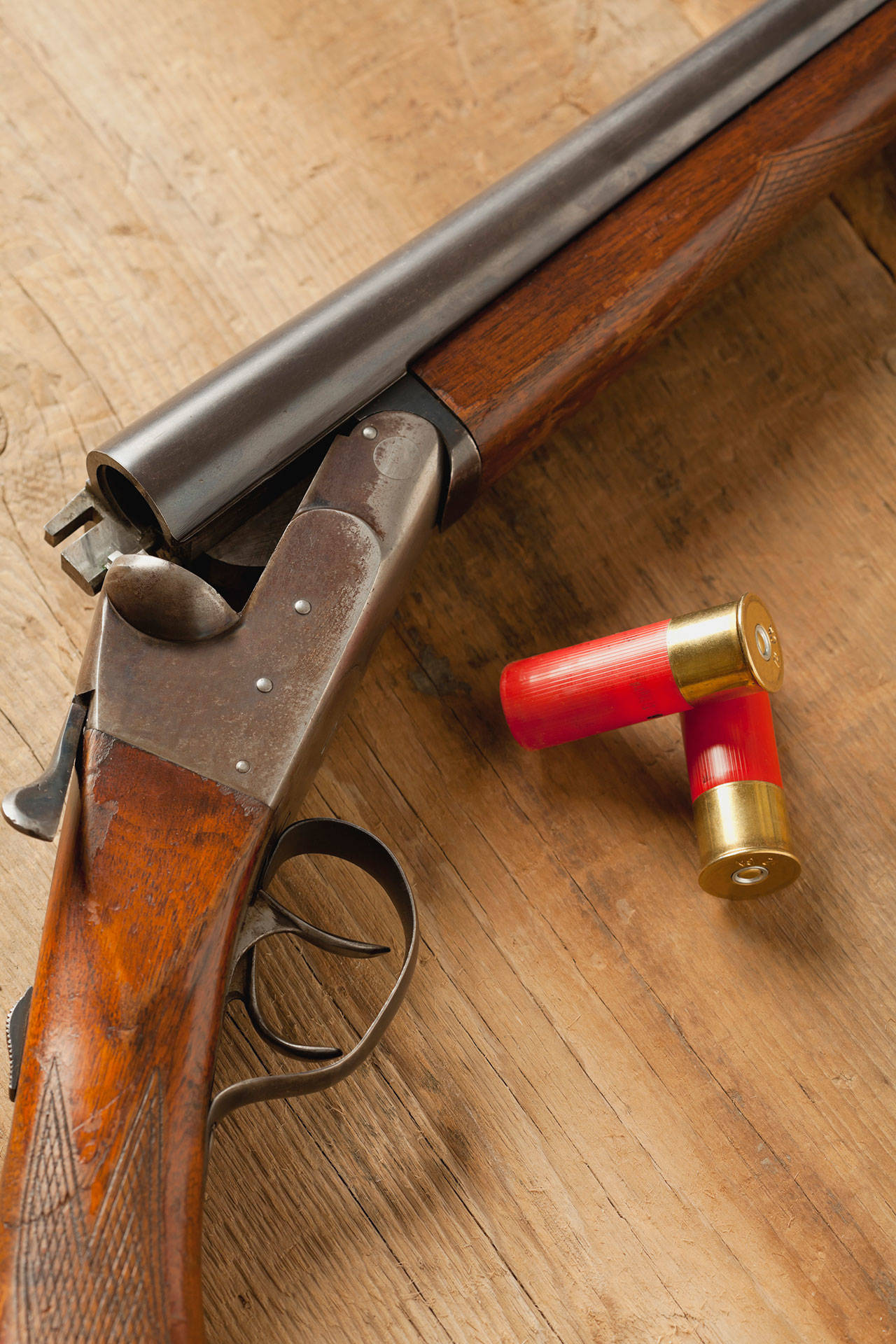Dear YFS,
We have three children in two elementary schools and they have begun to ask us about guns and what to do if they see one. While I am thrilled they are asking us, I am not a gun owner (never will be) and wonder about the right approach to explaining this and what strategies you suggest?
NLG
Dear NLG,
This is a great question for all families to consider, and one that many parents have had to navigate. To get the most up-to-date information on this topic, I spoke with Police Chief Ed Holmes and School Resource Officer Art Munoz. Both emphasized that the standard, tried and true response for children who come upon a gun is 1) never touch the gun and 2) immediately show the gun to an adult.
It’s important to emphasize not touching the gun as it will not be clear if the gun is loaded, nor will it be clear if the gun is modified and might function differently (i.e. go off unintentionally).
It’s important to keep the basic rules simple and clear to children so they can easily remember what they’re supposed to do. For young children, it could be helpful to role play finding a gun and getting the attention of an adult. Chief Holmes also emphasized that as children begin to have “playdates” at other children’s homes, this would be an appropriate time for parents to respectfully and discreetly speak with the parents of playmates regarding guns in their homes. This can be a quick and quiet conversation to ensure that if there are firearms in the home, they are locked up and out of harms way. This type of conversation is also relevant for family members who do not have children of their own as they might not be as vigilant about child safety.
Gun ownership and gun laws are a very hot topic for many of us. When you speak with young children about guns, speak from a perspective of safety and importance but not fear or morality (there will be appropriate times for more in-depth conversations as your children grow). Help younger children to think of a found gun as a safety issue similar to crossing the street or helping someone who has fallen in distress. This attitude will help them learn their role in the situation and not act with fear, shame or any other emotion that could hinder their response.
Cindy Goodwin is the director of Mercer Island Youth and Family Services. The advice offered by YFS is intended for informational purposes only and to guide you in seeking further resources if needed. The answers to questions are not intended to replace or substitute for any professional, psychological, financial, medical, legal or other professional advice. If you have a question you would like to ask Cindy to answer in this column, or if you need additional professional resources, email miyfs@mercergov.org.




